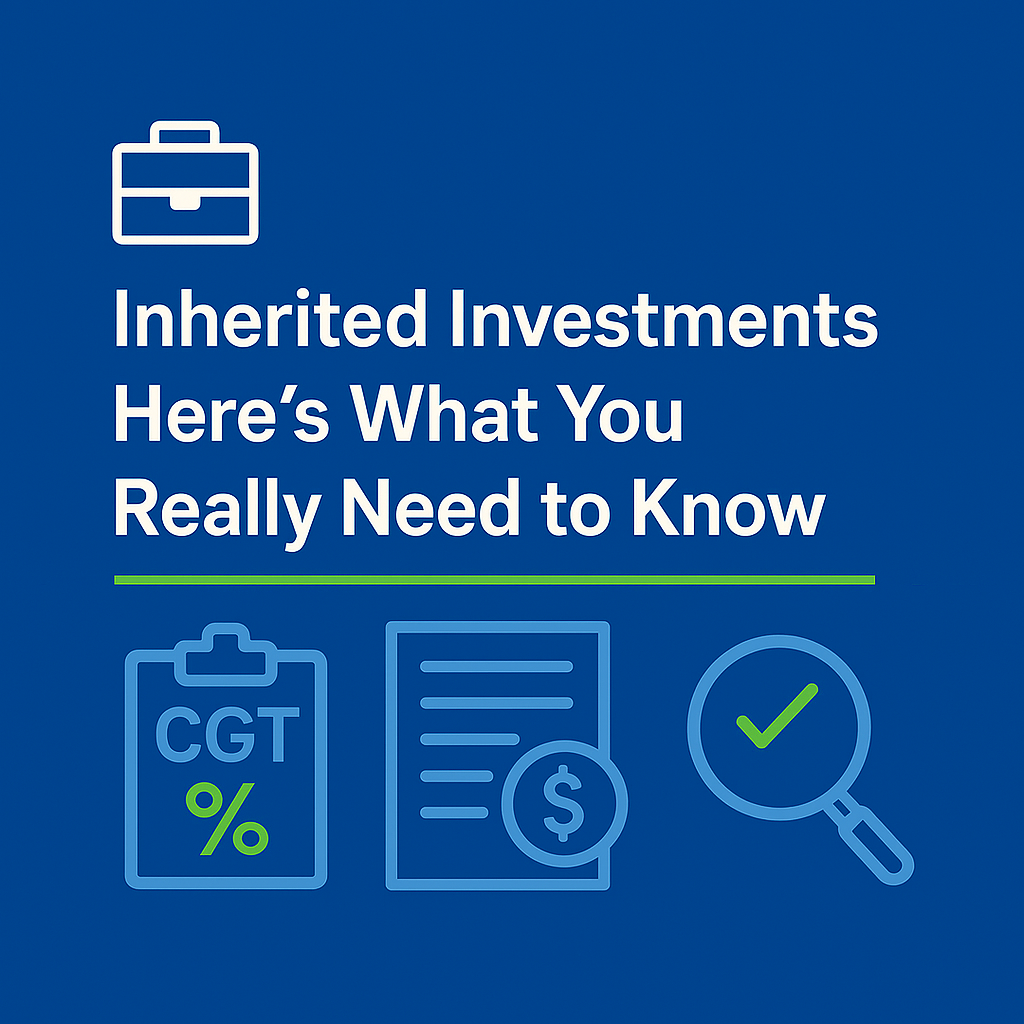Salary Sacrifice vs Personal Deductible Contributions: And the winner is...
Super is a great way to save for retirement. It offers an opportunity to invest in long-term growth assets and enjoy generous tax concessions along the way.
For those wanting to make extra contributions and reduce their personal tax bill, there are two options:
- Salary sacrifice, and
- Personal deductible contributions (PDCs)
Both have their benefits, and choosing the right method depends on your cash flow, flexibility needs and personal preference. Let’s break them down.
What are salary sacrifice and personal deductible contributions?
- Salary sacrifice – Your employer deducts a portion of your pre-tax salary and contributes it to your super fund.
- Personal deductible contributions (PDCs) – You make voluntary contributions from after-tax money and later claim a tax deduction when you lodge your tax return.
Benefits of salary sacrifice
- Timing – Salary sacrifice contributions reduce your taxable income immediately, meaning your employer will withhold less tax and you will immediately enjoy the tax saving. PDCs provide a tax deduction when you lodge your tax return meaning you do not get the tax benefit until later.
- Discipline – Salary sacrifice is automatic and helps maintain savings discipline.
- Simplicity – salary sacrifice can be much simpler and less administrative. PDCs require you to submit paperwork to the super fund known as a ‘notice of intent’ form. This paperwork must be submitted within strict timeframes. With salary sacrifice you do not need to worry about such paperwork.
When salary sacrifice is a winner
Salary sacrifice is a winner for employees who:
- Prefer a “set-and-forget” approach to growing their super.
- Have regular income and want a simple way to contribute.
- Want to ensure their contributions are made gradually over the year to benefit from ‘dollar cost averaging’. This reduces the risk of ‘going all in’ at the peak of the market.
Benefits of personal deductible super contributions
- Availability – Salary sacrifice is only available to employees. If you are not employed, you can’t salary sacrifice. Instead, you might able to make a PDC to super.
- Flexibility – PDCs offer greater flexibility, allowing you to contribute lump sums at any time during the financial year.
- Reversibility – After making the contribution and submitting paperwork to claim the deduction you might change your mind. Perhaps you have insufficient income to justify claiming a deduction and would prefer that contribution not be subject to the 15% ‘contributions tax’. It may be possible to ‘reverse’ the contributions tax and not claim the deduction, but unless you have retired or met a condition of release the contribution will remain ‘stuck’ in super.
When personal deductible contributions are a winner
PDCs are a winner for people who:
- Want greater control over when and how much they contribute.
- Have variable income or expect a large one-off payment (e.g., bonus, inheritance, asset sale).
- Are self-employed or receive income from multiple sources.
- Want to contribute additional amounts closer to the end of the financial year to maximise their tax deduction.
Enjoy the best of both worlds: Combining salary sacrifice and PDCs
Many people use both strategies to maximise their super contributions efficiently. For example:
- Setting up salary sacrifice to contribute steadily throughout the year.
- Making a PDC at the end of the financial year if additional concessional contribution (CC) cap space is available.
- Adjusting contributions based on unexpected income or bonuses.
Conclusion
Salary sacrifice and PDCs each have their advantages, and the right choice depends on your employment, cash flow and personal preference. By speaking to your adviser as to how each method works, you can make informed decisions to optimise your retirement savings while reducing your tax bill.











